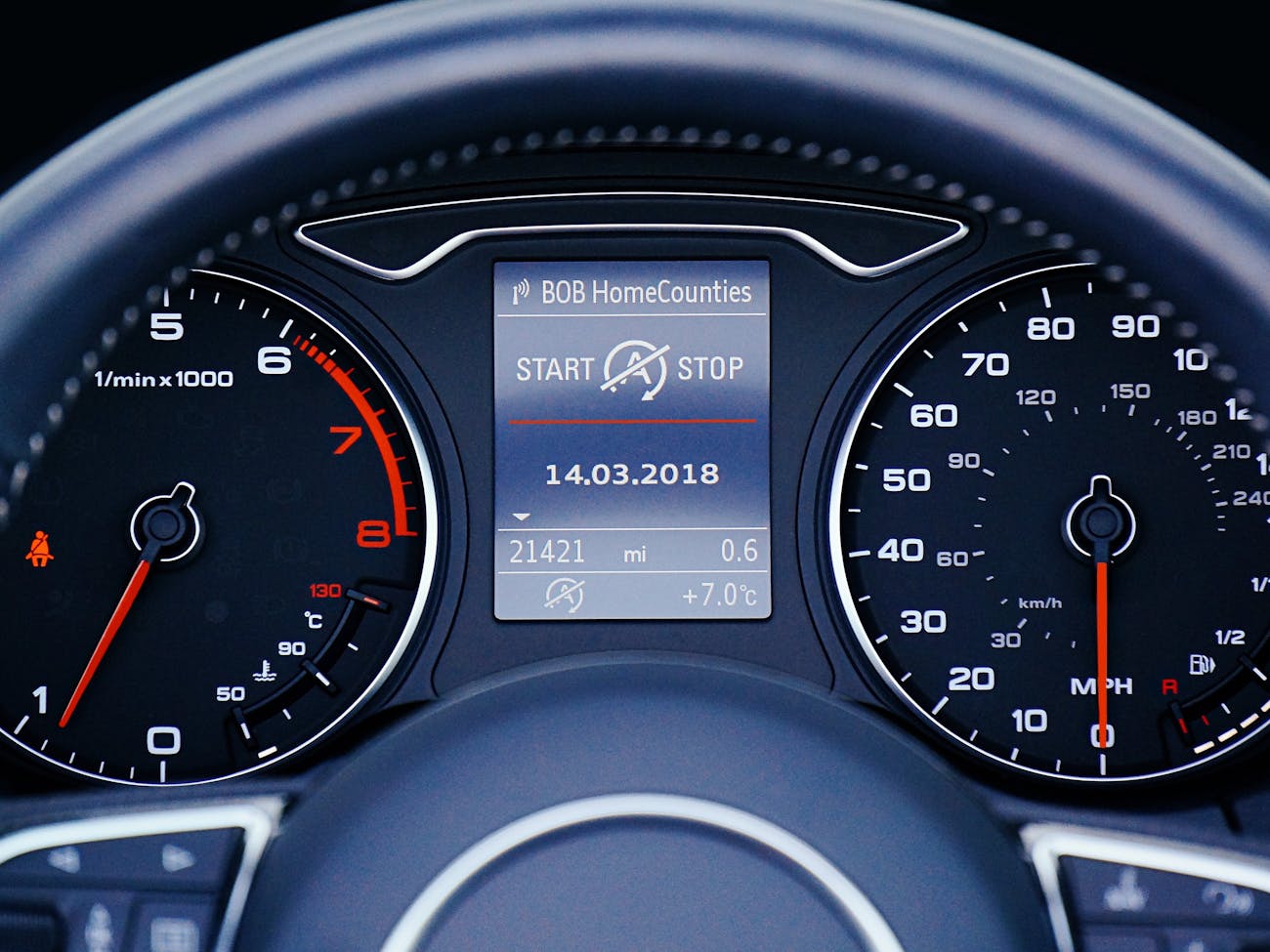Alright, buckle up! We're diving into an electrifying topic today: the future of automotive power. You've probably heard the buzz about hydrogen fuel cells and their potential to revolutionize how we power our cars. But can they really replace the trusty old car battery? Let's break it down and find out.
The journey to find the answer to this question takes us through a maze of technology, innovation, and, believe it or not, a few unexpected anecdotes. So, hop in, and let's embark on this informative ride together.
Hydrogen Fuel Cells vs. Car Batteries: The Showdown
You've probably heard about hydrogen fuel cells being touted as the next big thing in automotive technology. But what exactly are they, and how do they stack up against traditional car batteries? Let's compare.
First off, let's talk about the basics. Hydrogen fuel cells generate electricity by combining hydrogen and oxygen, producing water vapor and heat as byproducts. This clean energy process is incredibly appealing, especially in our increasingly eco-conscious world.
On the other hand, we have good old-fashioned car batteries, the workhorses of the automotive world. These batteries store electrical energy, delivering it to the car's electrical systems when needed. They're reliable, relatively affordable, and have been powering our vehicles for decades.
But which one reigns supreme? To answer that, let's take a closer look at three key factors: efficiency, environmental impact, and practicality.
Efficiency: The Power Play
Imagine this: you're driving down the highway, the wind in your hair, and the open road stretching out before you. Suddenly, you realize you're running low on power. In a traditional car, that means a trip to the gas station or finding an outlet to plug in your electric vehicle. But what about hydrogen fuel cells?
Enter our first anecdote: Gwybodaeth, the Welsh word for knowledge. Picture this: you're at a gathering of automotive enthusiasts, discussing the latest advancements in technology. Suddenly, someone drops the word "gwybodaeth," and you're left scratching your head. But then, as if by magic, you realize it's the perfect metaphor for hydrogen fuel cells. They represent a wealth of knowledge and potential, offering a new way forward in the quest for sustainable transportation.
Back to our comparison. When it comes to efficiency, hydrogen fuel cells have a clear edge. They boast higher energy densities and quicker refueling times compared to traditional batteries. This means you can spend less time waiting around and more time on the road—a win-win for drivers everywhere.
Environmental Impact: Green Machines
Now, let's talk about the elephant in the room: environmental impact. With climate change looming large, finding sustainable alternatives to traditional fossil fuels is more critical than ever.
Enter our second anecdote: Potsdam, the picturesque German city known for its commitment to sustainability. Picture yourself strolling through the cobblestone streets, surrounded by lush greenery and clean, renewable energy sources. It's a vision of the future—one where cities like Potsdam lead the way in combating climate change.
When it comes to environmental impact, hydrogen fuel cells once again take the spotlight. Unlike traditional car batteries which rely on materials like lead and lithium, fuel cells produce zero harmful emissions. Plus, hydrogen can be produced using renewable sources like wind and solar power, further reducing their carbon footprint.
Practicality: The Everyday Test
But what about the nitty-gritty of everyday life? Sure, hydrogen fuel cells may sound impressive on paper, but are they practical for the average driver?
Enter our third anecdote: the humble scarf. Picture yourself on a chilly winter morning, bundling up in your favorite scarf before heading out the door. It's a simple accessory, but it makes all the difference in keeping you warm and cozy throughout the day.
When it comes to practicality, hydrogen fuel cells face some challenges. While infrastructure for hydrogen refueling stations is growing, it's still not as widespread as gas stations or electric charging points. Plus, the cost of producing and storing hydrogen can be prohibitive compared to traditional batteries.
But fear not, dear reader. As technology continues to advance and economies of scale kick in, hydrogen fuel cells could become a more viable option for everyday drivers.
The Verdict: A New Dawn for Automotive Power
So, can hydrogen fuel cells replace car batteries? The answer is a resounding...maybe. While fuel cells offer undeniable advantages in terms of efficiency and environmental impact, there are still hurdles to overcome in terms of practicality and cost.
But hey, isn't that what progress is all about? We may not have all the answers today, but with each passing day, we're getting closer to a cleaner, greener future for transportation.
So, whether you're a die-hard petrolhead or a card-carrying environmentalist, keep an eye on hydrogen fuel cells. Who knows? They just might be the key to unlocking a brighter tomorrow for our roads—and our planet.


